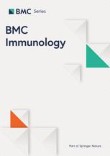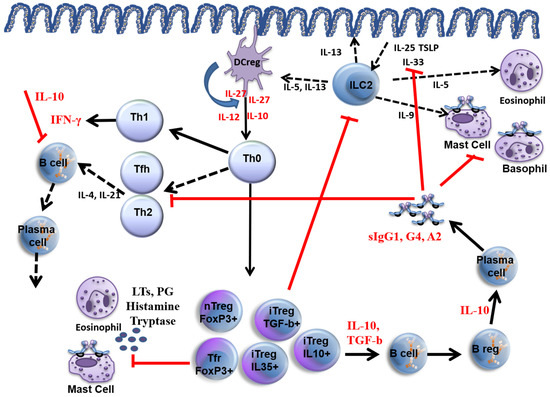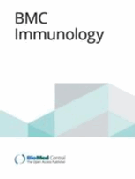Abstract
Background
Allergic disease is on the rise. Waitlists for specialists are long, and many referred patients have already received prior allergic assessment, either by a certified Allergist, Primary Care Provider, or other Specialist. It is important to understand the prevalence and motivating factors for multiple-opinion referrals, to deliver timely assessment for patients with allergic disease.








